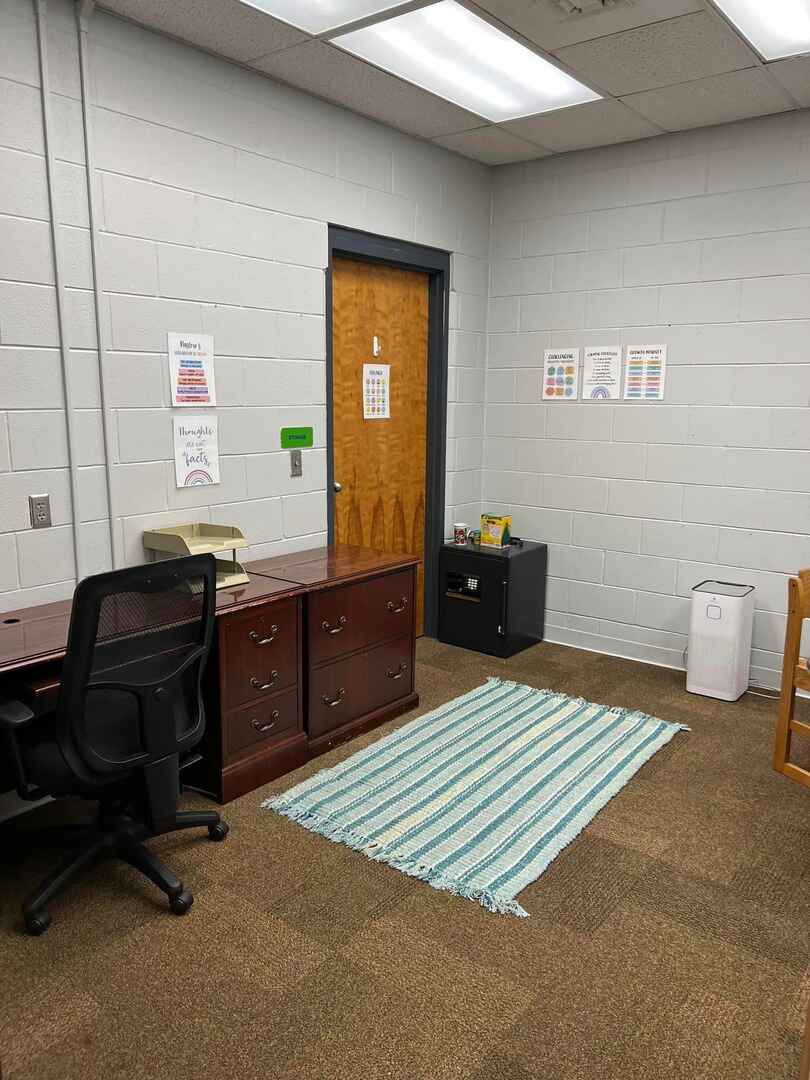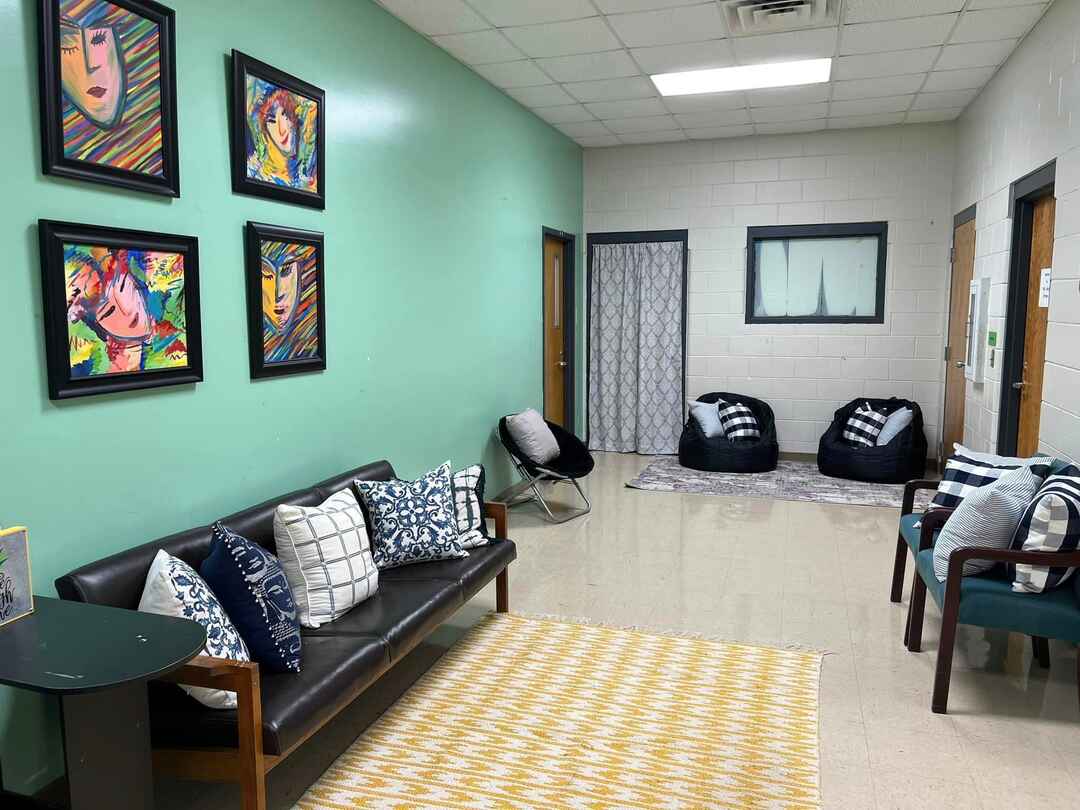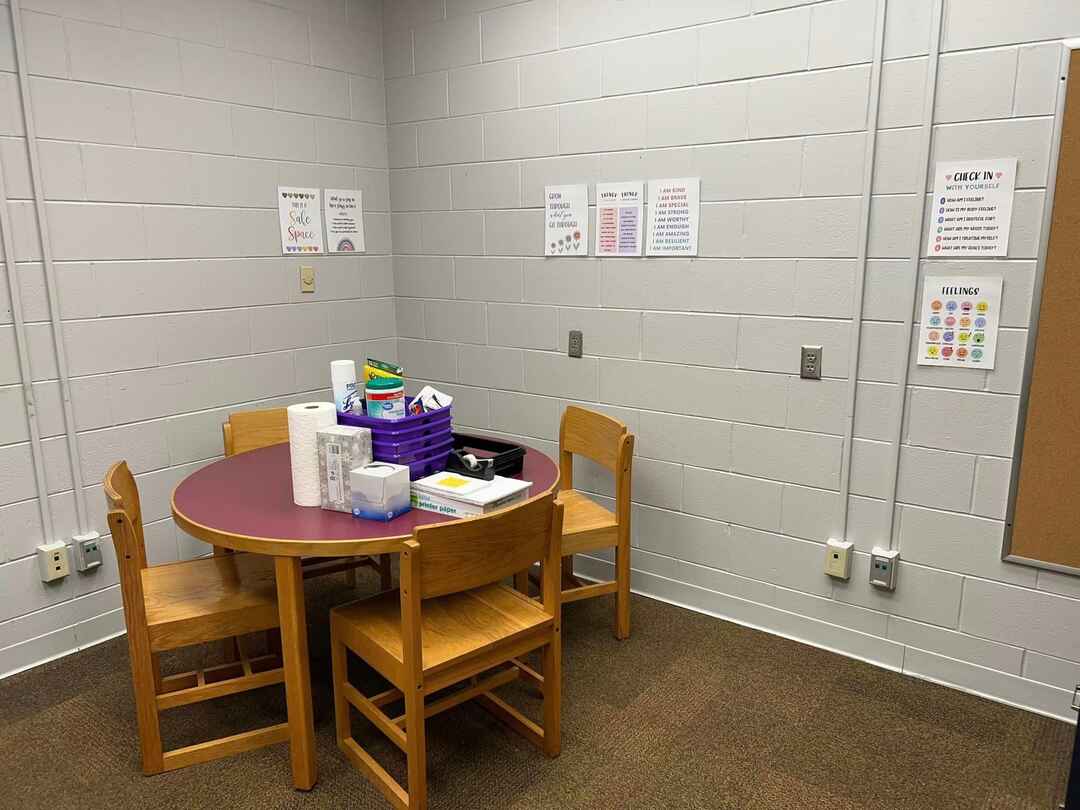About Indian Rivers Behavioral Health – Tuscaloosa
In Tuscaloosa Alabama, Indian Rivers Behavioral Health provides a variety of care options for the treatment of drug use disorders. They offer outpatient treatment as well as women’s inpatient and specific women’s outpatient care. They can treat both mental health and substance use concerns for children, adults, and families.
The mental health outpatient program is for adults 18 and older. Recovery symptom reduction, illness management, and stabilization are the main goals of this program. Personalized care is provided to each individual by means of initial assessments which are essential in identifying the best therapeutic interventions. They provide a variety of services such as family therapy, group therapy, individual therapy, and psychiatric evaluation in addition to educational initiatives designed to improve public awareness of mental illness.
The substance use outpatient program includes two 2 hour group sessions per week. Their Intensive Outpatient Programs (IOPs) which consist of three weekly 3-hour group sessions, are available for individuals in need of a more intensive approach. These programs are made to accommodate different schedules; morning, afternoon and evening sessions are offered, and they have coed as well as gender specific groups.
Indian Rivers puts a special emphasis on treating women, offering a women’s inpatient program as well as a women-specific outpatient program. Pregnant women are given priority for care. The programs are similar to the other general outpatient and IOP programs but focus on the unique requirements of women in recovery and provide a setting that encourages understanding and support.
Indian Rivers also provides outpatient and intensive outpatient services to participants in local initiatives like the Second Chance program and the 24th Judicial Circuits Drug Court. This partnership not only increases the availability of resources but also incorporates therapeutic support into the larger legal system. In addition to closely working with judges and district attorneys, case managers make sure that clients’ voices are heard during crucial stages of recovery and therapists may actively participate in court proceedings as advocates for their clients.




